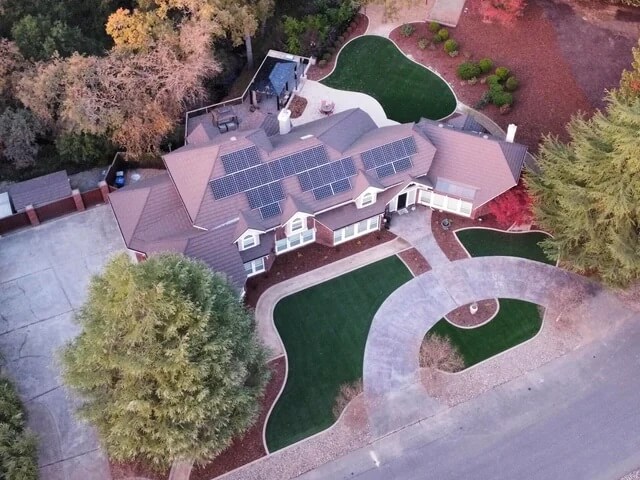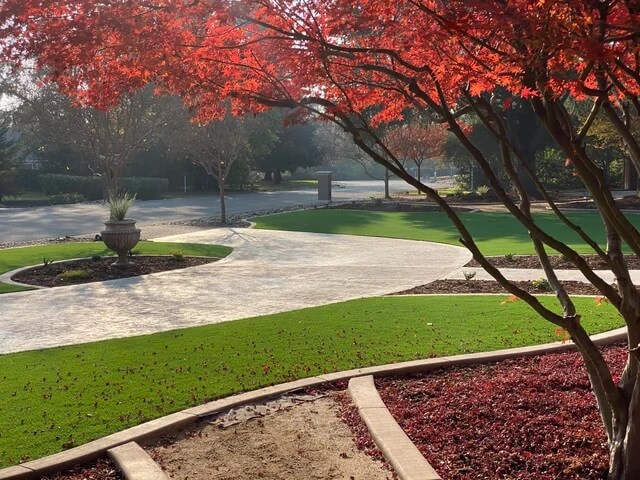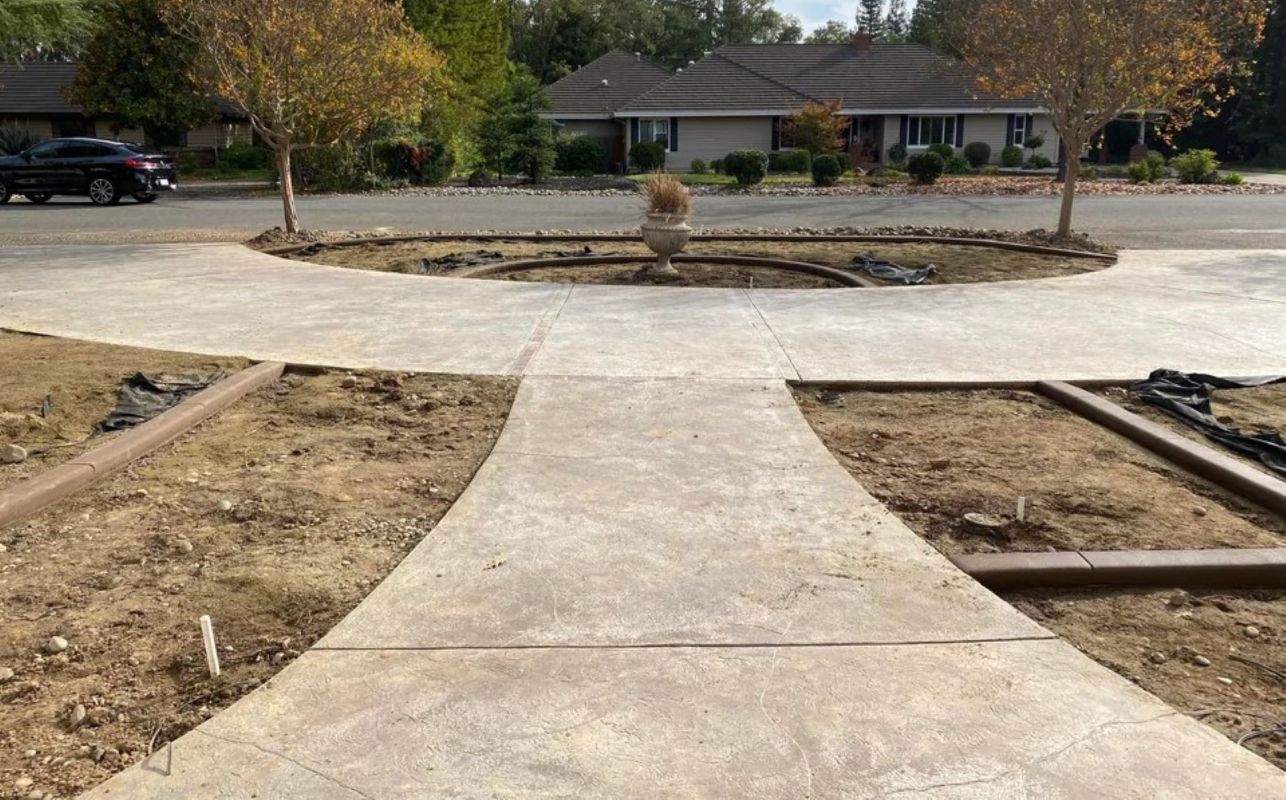Artificial lawns may promise homeowners benefits, but they come with a handful of environmental consequences.
A Reddit user sparked a debate on r/landscaping by asking just one question: "Do we like artificial turf here?"
Many users replied, and the consensus was overwhelming: No, not at all.

"I don't get it," one user said. "There are lots of other options for low maintenance landscaping other than a bunch of plastic."
The original poster defended their choice, writing, "The customer travels 6 months out of the year and wanted it to be low maintenance. We are in a severe drought in California and she didn't like the idea of wasting water on a yard she hardly sees."
Artificial lawns are commonly installed to save on watering and maintenance costs, especially in large areas like stadiums. But they come with a host of problems.
Artificial lawns aren't maintenance-free — they require frequent cleanings to prevent stains, odors, and bacteria buildup. The leaf litter seen in one of the original poster's pictures would require vacuuming, raking, or leaf-blowing rather than being fine left alone. Artificial lawns can also melt in high temperatures, release toxins, and be costly to install.

The same benefits (and more!) of an artificial lawn — low maintenance, less water — can be achieved with a native plant lawn.
Depending on your area, they can require little to no manual watering. You can also forgo pesticides, herbicides, and mowing with native plant lawns, saving both time and money.
Meanwhile, artificial turf is inhospitable for wildlife. The National History Museum of London reported that even a simple switch to a clover lawn "will attract pollinating bees, butterflies, beetles and more."
This is a good thing — many bugs "provide a natural form of control for pest insects or assist in the breakdown of organic matter so nutrients can be returned to the soil," wrote Pat Vittum in a report for the University of Massachusetts. Certain bugs, like ladybugs and other beetles, will keep other pests in check and help keep your soil and lawn healthy and thriving.
While a few users enjoyed the artificial lawn, most users found it to be boring, expensive, and bad for the environment.
"I haaaate plastic grass personally," wrote one user. "It gets so hot in the summer. Also… it looks fake [because] it is."
Another commented, "Plastic gardens are not the future."
Join our free newsletter for easy tips to save more, waste less, and help yourself while helping the planet.









